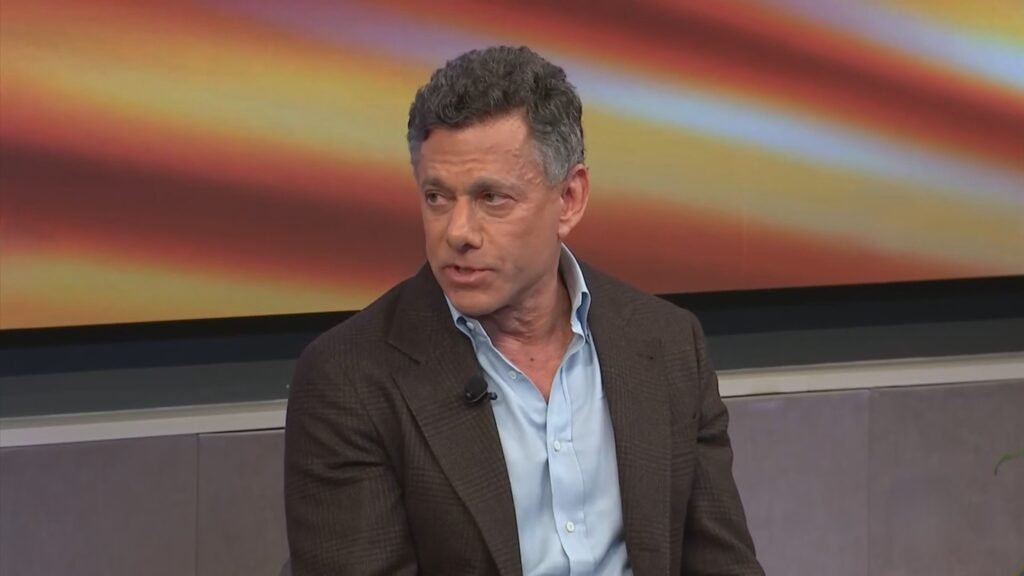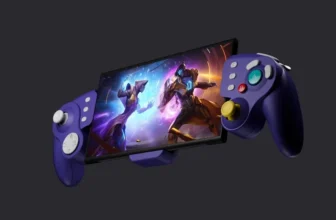Take-Two Interactive CEO Strauss Zelnick believes that artificial intelligence, despite its rapid progress, will never be capable of creating a truly great Grand Theft Auto game. Speaking at CNBC’s Technology Executive Council Summit in New York on October 28, Zelnick said that while AI tools can support parts of the development process, they lack the creative foundation needed to design games like those produced by Rockstar Games.
Zelnick explained that the use of AI in video game development raises several issues, both legal and creative. On the legal side, using AI to generate intellectual property can create uncertainty about ownership and originality, especially when AI models rely on existing data. More importantly, he noted that current AI systems lack the human touch and imagination that define Grand Theft Auto and other titles under Take-Two’s umbrella.
“Could we push a button tomorrow and create an equivalent to the Grand Theft Auto marketing plan? The answer is no,” Zelnick said.“A, you can’t do that yet, and B, I am of the view that you wouldn’t end up with anything very good. You end up with something pretty derivative.”
Zelnick added that the essence of a successful game lies in creativity, storytelling, and design—qualities that cannot be replicated by predictive models. He emphasized that AI systems depend on large data sets of existing information, which limits their ability to produce something truly new. “There is no creativity that can exist by definition in any AI model, because it is data-driven,” he explained. “What Rockstar Games tries to do, and so far has done over and over again, is create something that approaches perfection.”

He praised the creative teams at Rockstar Games for their ability to craft rich, multi-layered worlds that feel alive and immersive—something he believes AI cannot achieve. For Zelnick, the human element remains essential to producing games that resonate with players on a deeper level.
While Take-Two maintains a cautious stance on AI, other major companies in the gaming industry have adopted a more open approach. Electronic Arts, for example, is encouraging employees to integrate AI into various development processes, including coding, testing, and content creation. Meanwhile, veteran developers such as Super Smash Bros. creator Masahiro Sakurai and Metal Gear and Death Stranding director Hideo Kojima view AI as a tool that can help manage large-scale production and reduce workload, rather than replace human creativity.
The growing conversation around AI in game development reflects a divide within the industry. Some see it as an opportunity to improve efficiency and sustainability, while others, like Zelnick, argue that creativity remains the most valuable asset in game design. As technology continues to evolve, studios may increasingly rely on AI for support, but for Take-Two and Rockstar Games, human imagination will continue to drive their most successful creations.







